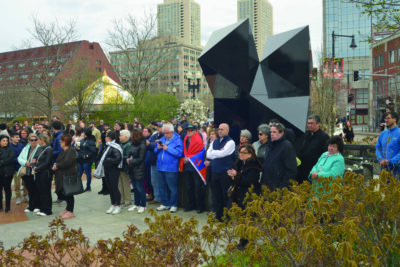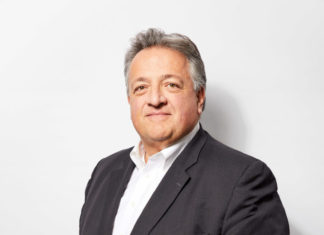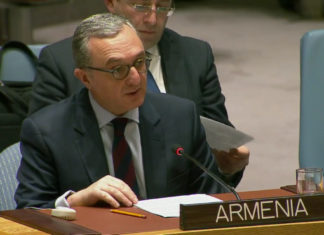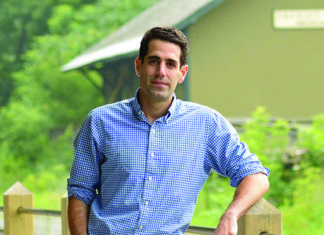By Thomas C . Nash
Special to the Mirror-Spectator
BOSTON — After nearly six years winding its way through the legal system, a high-profile Armenian Genocide case will not be heard by the US Supreme Court.
The case, known as Griswold v. Driscoll, had seen First Amendment lawyer Harvey Silverglate, backed by the Assembly of Turkish American Associations (ATAA), battle the Massachusetts Board of Education over whether the removal of “contra genocide” materials from a curriculum guide amounted to a violation of free speech.
Silverglate learned last week that the Supreme Court had declined to hear the case.
The legal battle began after the ATAA, two school teachers and a student took issue with “The Massachusetts Guide to Choosing and Using Curricular Materials on Genocide and Human Rights Issues,” which had at one point included “contra genocide” material on the Armenian Genocide until it was removed by the State Legislature.
“There would be no lawsuit if initially the school authorities had decided to include only one side of the controversy,” Silverglate said.









